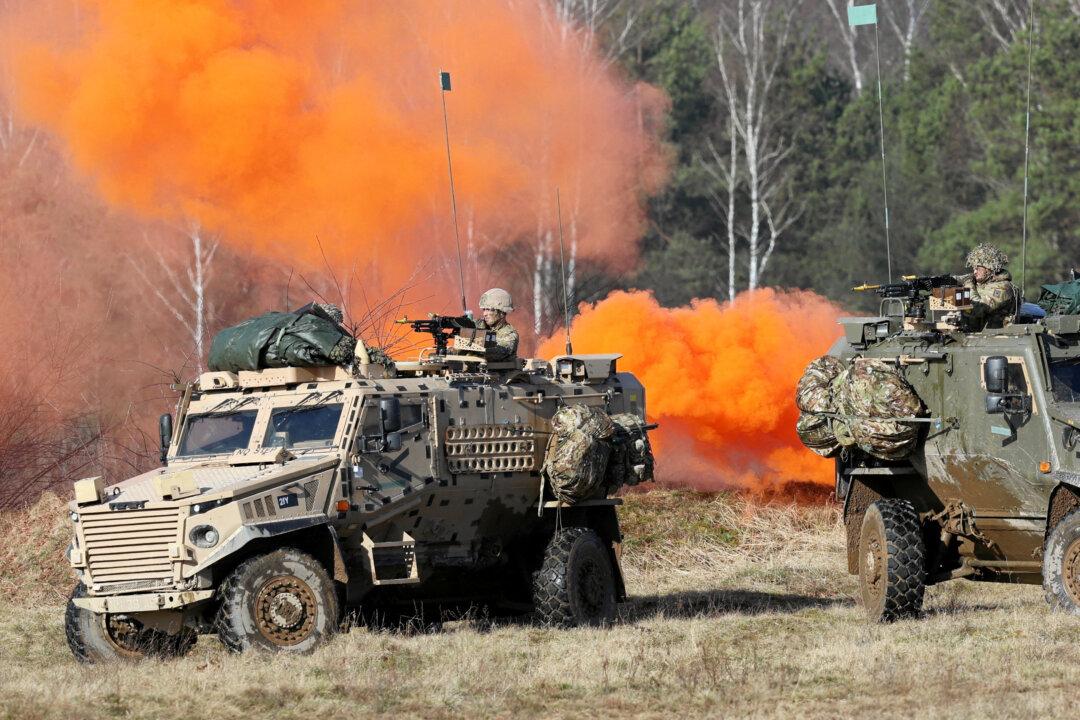Poland is looking to ramp up production of ammunition rounds in case Russia attacks a NATO member country, according to a senior official.
“Our ambition ... is to have the ability to fill up Polish warehouses in parallel to achieving a full, independent capacity to produce ammunition in Poland, within five to eight years,” Maciej Idzik, board member of the state-owned Polish Armaments Group (PGZ), told Reuters on Sept. 4.




